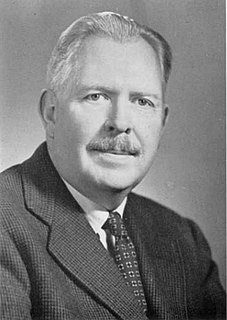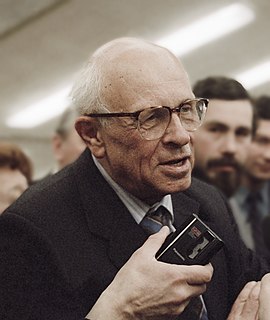A Quote by David Elkind
The idea of childhood as a social invention, in retrospect, is hardly credible. In the Bible, in writings of the Greeks and Romans, and in the works of the first great educator of the modern era, Comenius, children were recognized as being both different from adults and different from one another with respect to their stages of development. To be sure, the scientific study of children and the increased length of life in modern times have enhanced our understanding of age differences, but they have always been acknowledged.
Quote Topics
Acknowledged
Adults
Age
Age Difference
Always
Another
Been
Being
Bible
Both
Childhood
Children
Credible
Development
Differences
Different
Educator
Enhanced
Era
First
Great
Greeks
Hardly
Idea
Increased
Invention
Length
Length Of Life
Life
Modern
Modern Era
Modern Times
Our
Recognized
Respect
Retrospect
Romans
Scientific
Social
Stages
Stages Of Development
Study
Sure
Times
Understanding
Were
Works
Related Quotes
I do not believe that God intended the study of theology to be dry and boring. Theology is the study of God and all his works! Theology is meant to be LIVED and PRAYED and SUNG! All of the great doctrinal writings of the Bible (such as Paul's epistle to the Romans) are full of praise to God and personal application to life.
The tremendous and still accelerating development of science and technology has not been accompanied by an equal development in social, economic and political patterns …it is safe to predict that… such social inventions as modern-type capitalism, facism and communism will be regarded as primitive experiments directed towards the adjustment of modern society to modern methods
Working with children is very different than the way in which I work with adults. I never tell the children the actual truth of the thing that I want them to act. Although children are really into play and play acting, and this is a major part of their existence, they never actually find the playing or acting of adults credible.
Our children are exposed to 10, 20, 30 times the number of words that our great-grandfathers were exposed to. We're exposed in a single day or two to more horror on our Internet Web pages than our great-grandfathers were exposed to in decades of living. We have not created modern minds for that modern world. Science and technology has just dumped it on us. And I think people yearn for it. I think you see it in what's popular. Why are people wanting to learn about meditation and talking about a purpose-driven life? It's because they know more is needed in the modern world.
The new concept of the child as equal and the new integration of children into adult life has helped bring about a gradual but certain erosion of these boundaries that once separated the world of children from the word of adults, boundaries that allowed adults to treat children differently than they treated other adults because they understood that children are different.
We regard as 'scientific' a method based on deep analysis of facts, theories, and views, presupposing unprejudiced, unfearing open discussion and conclusions. The complexity and diversity of all the phenomena of modern life, the great possibilities and dangers linked with the scientific-technical revolution and with a number of social tendencies demand precisely such an approach, as has been acknowledged in a number of official statements.
Young children learn in a different manner from that of older children and adults, yet we can teach them many things if we adapt our materials and mode of instruction to their level of ability. But we miseducate young children when we assume that their learning abilities are comparable to those of older children and that they can be taught with materials and with the same instructional procedures appropriate to school-age children.
Ideas about the scope and meaning of freedom of speech do expand and contract with the times. At the moment, we live in an age that is very permissive, both legally and socially, on a wide range of subjects from Karl Marx to kinky sex. This has not always been the case. Things that even children freely see and read and hear today -- writings, pictures, words -- would have been banned as just plain obscene, even for adults, as recently as the middle of the twentieth century.
There are different kinds of truths for different kinds of people. There are truths appropriate for children; truths that are appropriate for students; truths that are appropriate for educated adults; and truths that are appropriate for highly educated adults, and the notion that there should be one set of truths available to everyone is a modern democratic fallacy. It doesn't work.




































